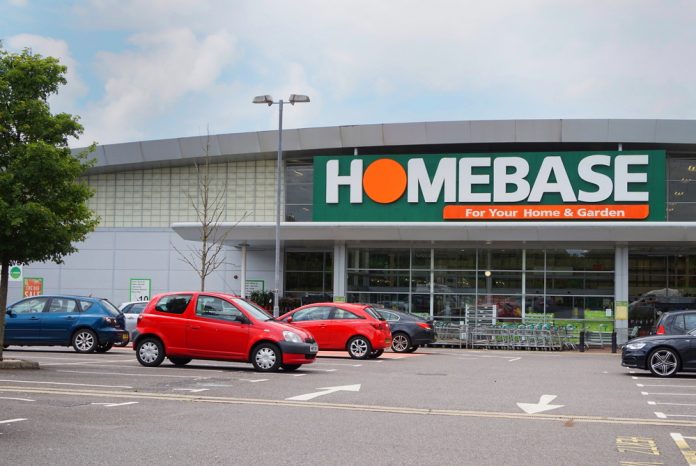The owner of Homebase is putting hundreds of jobs at risk as it reviews the future of the business in the UK.
Australian group Wesfarmers (ASX: WES) bought Homebase in 2016 in a £340 million deal but has admitted to blunders during the takeover, risking UK stores.
Wesfarmers’ managing director, Rob Scott, said that results for previous years had been “obviously disappointing”. Scott admitted that these problems were “through our own doing”.
“A lot of the underlying causes of the losses we’ve reported today have been through our doing,” he told investors.
In the year through to June 2017, the group made a £54 million loss. Total losses of £97 million are expected for the full year.
Blunders for the group included ditching bathroom and kitchen ranges, which proved popular. Wesfarmers also let go of the British management team, which proved to affect performance.
More investment may be injected into Homebase to transform them into popular Australian chain, Bunnings.
“It is clear that a significant amount of change has been driven through Homebase since the acquisition, and the disruption caused by the rapid repositioning of the business has contributed to greater than expected losses across the Homebase network,” said Michael Schneider, Bunnings group’s managing director.
Scott warned that 2,000 jobs could be at risk as an initial 20/40 Homebase stores could be closed.
After writing down the business for more than what they paid for two years ago, Scott could quit the group.
Thomas Brereton, a retail analyst at GlobalData, said: “It appears that Wesfarmers’ ill-considered policies have backed it into an untenable corner.”
“These depressing figures show that Wesfarmers must consider all opportunities to lessen its exposure to the fraught UK market,” he added.
Wesfarmers’ shares fell by 4.5 percent to A$42.16. News of poor performance for Wesfarmers’ increased shares in the rival Kingfisher (LON: KGF) by 1.5 percent.

